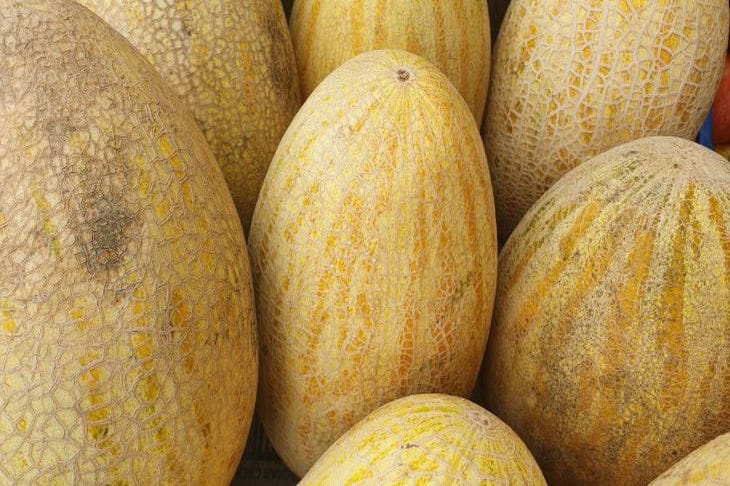Many of us often experience sudden, spontaneous cravings for certain foods.
This desire can be so strong that it dominates our thoughts and overshadows everything else.
However, these desires are not random: they may be the body's way of signaling a lack of certain nutrients contained in the desired food.

Research has long established a link between our food preferences and health, and in some cases, these desires can even help diagnose certain diseases.
Let's take a closer look at what our food preferences can tell us about our bodies and health.
Sweets
If you constantly crave chocolate, it may be because your brain is lacking glucose or you are heavily dependent on caffeine.
Psychologically, people who feel depressed or neglected may also turn to chocolate for comfort.
Those who constantly crave sweets, regardless of the situation, may experience nervous or mental tension, and the body is simply looking for the glucose it needs to function normally.
Ice cream
Consuming excessive amounts of ice cream, even after just a few servings, can be an alarming sign of a significant calcium deficiency or carbohydrate metabolism disorder.
People suffering from diabetes or hypoglycemia also often crave ice cream.
Sour berries and fruits
An insatiable craving for sour berries or fruits such as red currants, cranberries or even lemons may indicate a lack of vitamin C and potassium salts.
Such cravings may also indicate that your liver and gallbladder are not functioning optimally.
Apples
Eating a lot of apples a day without feeling full may be a sign of high cholesterol.
It is advisable to check your cholesterol levels as this craving may also indicate possible heart problems.
Melon
Frequent cravings for melon may be a sign of problems with the nervous and cardiovascular systems.
If the craving for melon does not go away, you should consult a doctor for a thorough examination.
Grapefruit
Enjoying grapefruit or bitter foods may be a sign that your digestive system is not working properly.
It may also indicate that your body is experiencing toxic effects and would benefit from a few days of fasting to cleanse it.
Garlic, onion, spices
Increased cravings for hot spices and foods such as garlic, onions, mustard or horseradish may indicate problems with the respiratory system.
Such addictions should be taken seriously, as they may indicate a high risk of respiratory diseases.
Salt
If you start adding salt to every meal and indulge in salty foods such as herring and pickles, this may be a sign of an infection or an exacerbation of the inflammatory process in the body.
Typically, such cravings are associated with problems of the genitourinary system, such as cystitis or prostatitis, or thyroid dysfunction.
Milk and fermented milk products
A stock of cheese, kefir and cottage cheese may mean that your body lacks calcium.
Daily consumption of large amounts of milk may indicate a deficiency of the amino acids tryptophan and leucine. Sometimes the craving for milk after emotional stress is explained by the calming effect of tryptophan.
Smoked products
A strong craving for smoked foods often occurs in people who are on a diet and therefore limit their intake of saturated fats, which are found in abundance in smoked foods.
Consuming a tablespoon of unrefined oil in the morning on an empty stomach can help curb these cravings.
Eggs
Eating eggs in excess may increase your need for folate and vitamins B2 and B12.
Seafood
A strong love of seafood is often a sign of iodine deficiency.
It is important not to ignore the signals your body is giving you.
Understanding these addictions and addressing their underlying problems can help you cope with a variety of health problems.
In conclusion, it should be noted that cravings for food are not just a desire to try something tasty, but a signal from the body about nutritional needs and health status.
Paying attention to these cravings and responding to them in consultation with health care professionals can lead to improved health.
Remember that a balanced diet and regular medical check-ups are the key to good health.
We previously talked about making cheese crackers .








